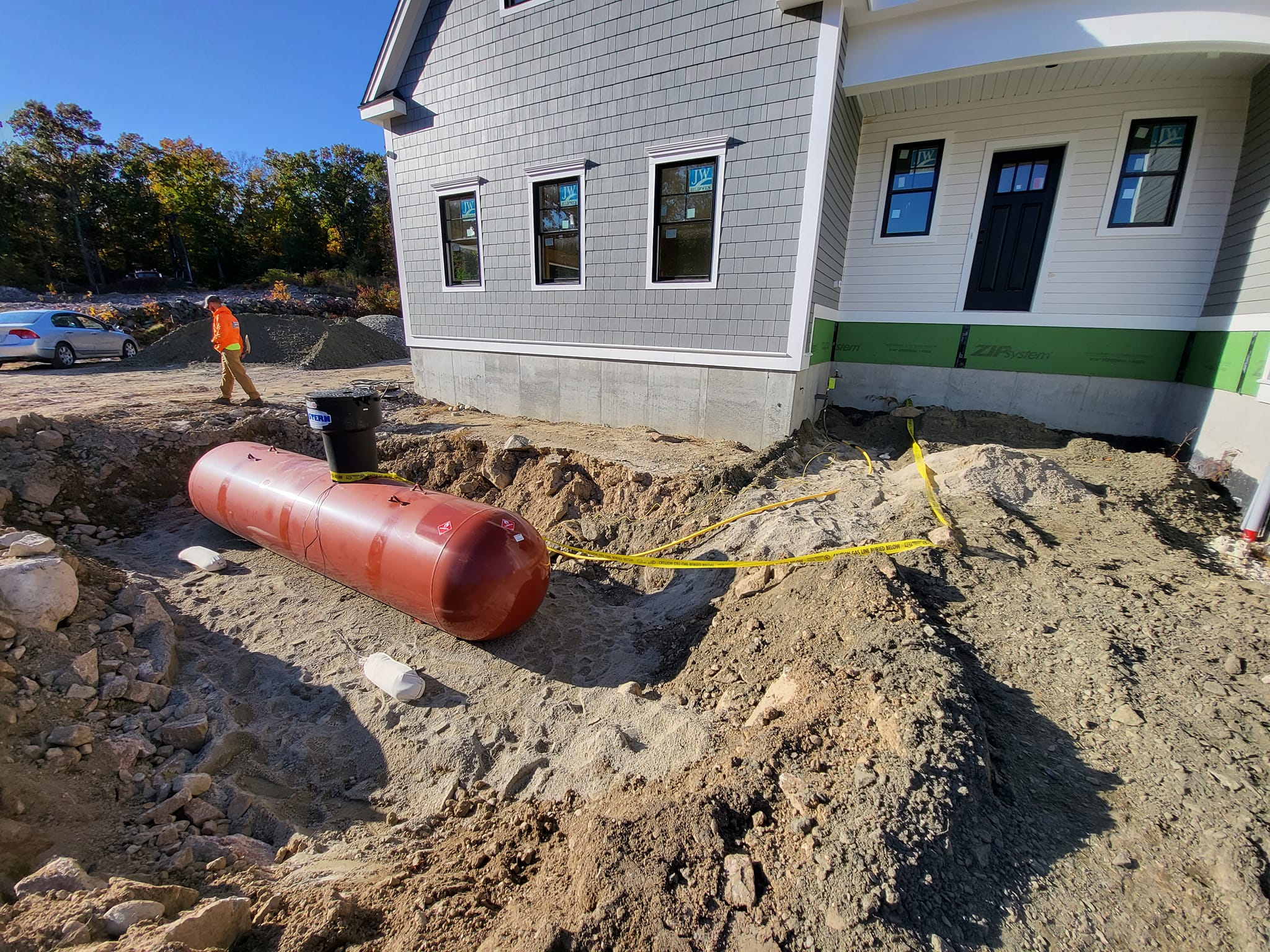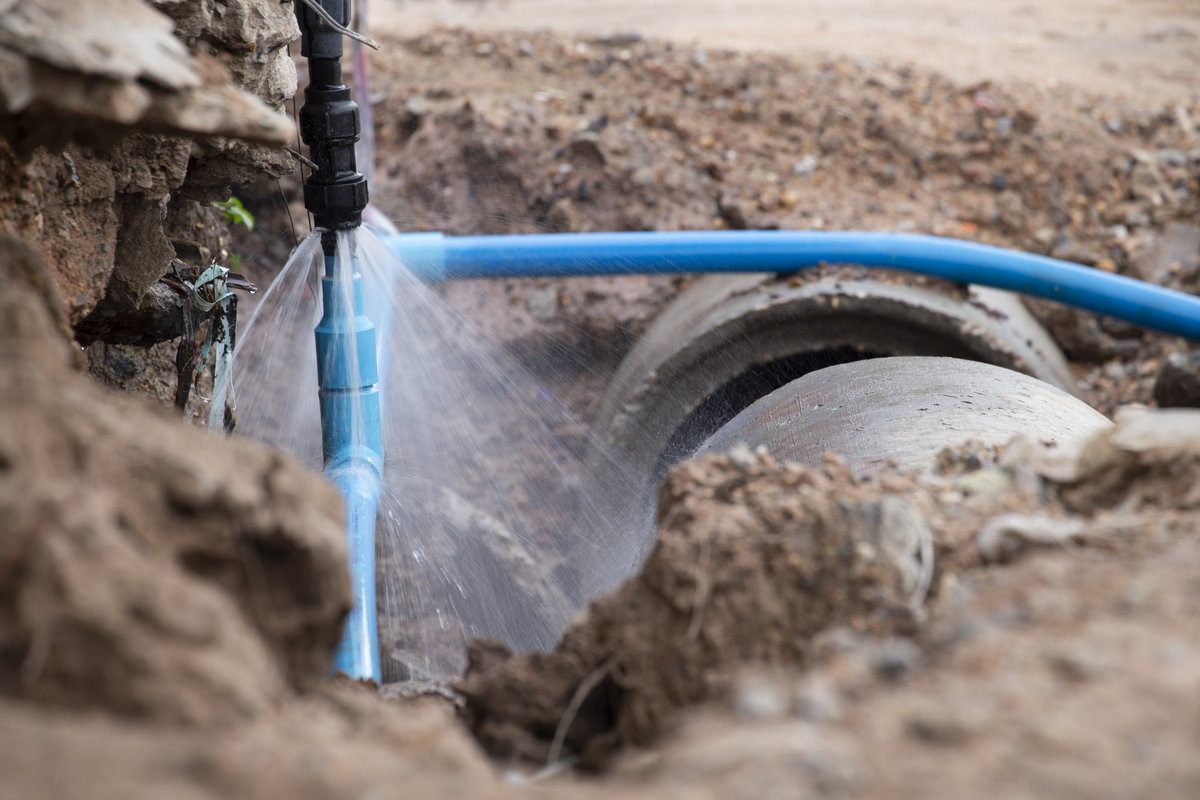Choosing the Right Septic Solution for Your Needs
When it comes to septic systems, there is no one-size-fits-all solution. The right choice depends on various factors, including property size, soil type, water table level, local regulations, and your specific needs. Making an informed decision about the best septic solution for your property is crucial to ensure proper waste management and environmental protection. In this blog, we'll explore different septic solutions and provide insights to help you determine which one might be the best fit for your needs.
1. Conventional Septic System: The conventional septic system, also known as a gravity-fed septic system, is the most common option for residential properties with sufficient space and suitable soil conditions. It consists of a septic tank that separates solid waste from wastewater, allowing the effluent to flow into a drainfield for further treatment and percolation into the soil. This traditional approach is effective and relatively affordable, making it a practical choice for many homeowners.
Best for: Properties with ample space, well-draining soil, and moderate water usage.
2. Aerobic Treatment Unit (ATU): ATUs are advanced septic systems that accelerate the breakdown of organic matter using oxygen. These systems introduce air into the treatment process, promoting the growth of beneficial bacteria that digest waste more efficiently. ATUs are ideal for properties with limited space or challenging soil conditions, as they require smaller drainfields and can handle higher wastewater loads.
Best for: Properties with limited space/soil drainage, or water conservation requirements.
3. Mound Septic System: A mound septic system is designed for properties with inadequate soil conditions, high water tables, or areas prone to flooding. It involves building an elevated drainfield (mound) using sand, gravel, and a layer of soil above the natural soil to treat and disperse the effluent effectively. Mound systems provide effective wastewater treatment and can be tailored to suit various site constraints.
Best for: Properties with poor soil drainage, high water tables, or flood-prone areas.
4. Alternative Media Septic System: Alternative media systems use engineered materials (e.g., peat moss, coconut coir, or synthetic media) to enhance the treatment of wastewater. These media create a favorable environment for bacterial activity, resulting in a higher level of effluent purification. Alternative media systems are suitable for properties with space limitations or challenging soil conditions.
Best for: Properties with limited space, restrictive soil, or strict environmental regulations.
5. Sand Filter System: Sand filter systems are a viable option for properties with poor soil drainage or high clay content. These systems use a series of sand layers to filter and treat the wastewater before it percolates into the natural soil. Sand filter systems can be a cost-effective alternative to mound systems, but they require periodic maintenance to ensure optimal performance.
Best for: Properties with clay-rich or poorly draining soils.
Selecting the best septic solution for your property is a critical decision that involves considering several factors. Assessing your property's size, soil conditions, water table level, and local regulations will help guide your decision. A conventional septic system is typically suitable for properties with ample space and well-draining soil, while aerobic treatment units (ATUs) and mound systems are ideal for challenging soil and space limitations. Alternative media systems and sand filters can be effective options for properties with specific soil conditions. Consulting with a professional septic system installer or engineer is recommended to ensure that you choose the most appropriate septic solution for your needs, leading to efficient waste management and environmental protection.


